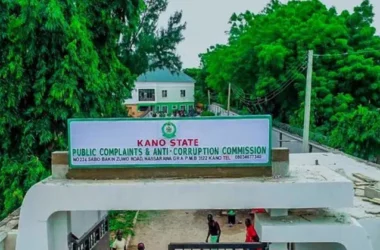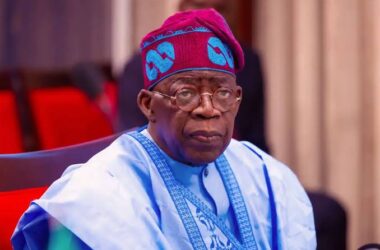The Nigerian National Petroleum Company Limited (NNPCL) has announced a significant reduction in the ex-depot price of Premium Motor Spirit (PMS), popularly known as petrol, from N1,020 to N899 per litre. This development follows a similar move by the Dangote Refinery, which recently pegged its PMS price at N899 per litre.
The reduction was disclosed by the Petroleum Products Retail Outlets Owners Association of Nigeria (PETROAN) in a statement on Saturday. Dr. Joseph Obele, PETROAN’s National Public Relations Officer, confirmed the price adjustment, which is part of NNPCL’s regional pricing strategy.
The statement also noted that marketers sourcing fuel from locations like Warri, Oghara, Port Harcourt, and Calabar would still pay N970 per litre.
The statement read, “The Nigerian National Petroleum Company Limited has taken a significant step in response to the competitive impact of deregulation in the downstream sector.
“The company recently reduced the ex-depot price of Premium Motor Spirit from N1,020 to N899 per litre.
“The price reduction by NNPCL is seen as a response to the competitive impact of deregulation, which has led to increased competition in the downstream sector.”
However, Harry also cautioned against the potential risk of compromised product quality arising from aggressive competition. He called on the Nigerian Midstream and Downstream Petroleum Regulatory Authority to enforce strict quality assurance standards.
He said, “The reduction in PMS price by NNPCL is a demonstration of the company’s commitment to making petroleum products more affordable for Nigerians.
“We commend NNPCL for responding to our call for affordable PMS prices.”
He also listed the benefits of the price reduction to consumers, including “Reduced transportation costs: With lower PMS prices, motorists will spend less on fuel, leading to increased disposable income.
“Increased economic activity: Lower fuel prices will stimulate economic growth by reducing production costs and increasing demand for goods and services.
“Improved standard of living: The price reduction will lead to a decrease in the cost of living, enabling Nigerians to afford necessities and enjoy a better quality of life.”










